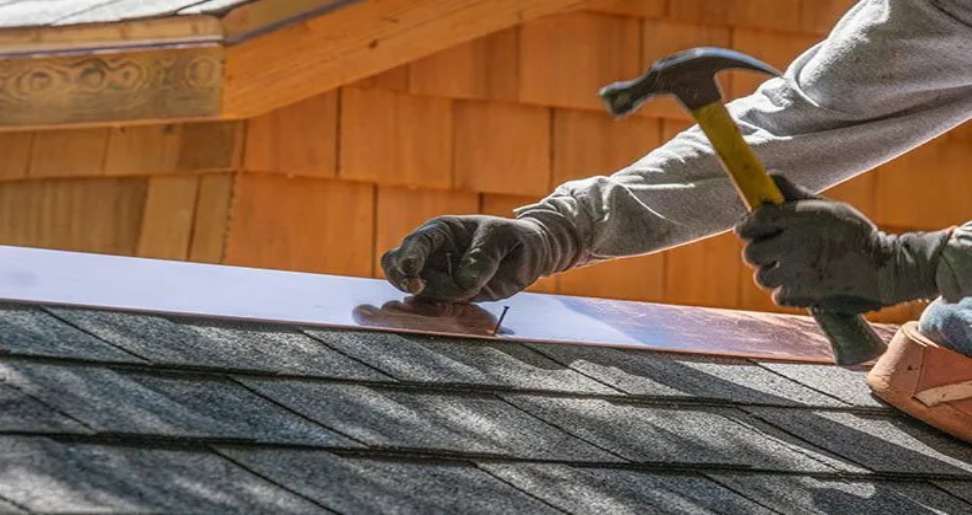The roof of your home is one of its most critical components, providing protection from the elements and contributing to overall structural integrity. However, roofs are not immune to wear and tear, and at some point, homeowners must decide between new roof installation and roof system repair. Understanding the pros and cons of each option can help you make an informed decision that best suits your needs and budget.
Assessing Roof Damage
Before deciding between new roof installation and roof system repair, it is essential to conduct a thorough assessment of the roof’s condition. Signs of damage include missing or broken shingles, leaks, water stains on ceilings or walls, and sagging. Consulting a professional roofing contractor can provide an accurate evaluation and recommendations.
Minor Damage and Repairs
For minor issues, such as a few missing shingles or small leaks, roof system repair is often the most cost-effective solution. Repairs can address localized problems without the need for extensive work. This option is particularly suitable for newer roofs or those in generally good condition.
Pros of Roof System Repair:
- Cost-Effective: Repairs are typically less expensive than a full roof replacement.
- Quick Fix: Most repairs can be completed quickly, minimizing disruption to your daily life.
- Extends Roof Life: Timely repairs can extend the overall lifespan of your roof.
Cons of Roof System Repair:
- Temporary Solution: Repairs may only provide a temporary fix for underlying issues.
- Repeated Costs: Frequent repairs can adding up over time, then potentially costing more than a new roof installation.
- Aesthetic Inconsistency: Repairs might not perfectly match the existing roofing materials, affecting the roof’s appearance.
When to Consider New Roof Installation
New roof installation becomes necessary when the existing roof is beyond repair or has reached the end of its lifespan. Most roof can last between 20 to 30 years, depending on the different materials which can be used and environmental conditions. If your roof is nearing this age range and experiencing various issues, then replacement may be the best option.
Benefits of New Roof Installation
- Long-Term Solution: A new roof installation provides a comprehensive solution, addressing all potential issues and reducing the need for future repairs.
- Improved Durability: Modern roofing materials offer improved durability and weather resistance, enhancing the overall protection of your home.
- Energy Efficiency: New roofing systems can improve energy efficiency, reducing heating and cooling costs.
- Increased Property Value: A new roof can boost your home’s curb appeal and market value, making it an attractive option for potential buyers.
Considerations for New Roof Installation
- Higher Initial Cost: New roof installation is a significant investment, with higher upfront costs compared to repairs.
- Longer Installation Time: Replacing an entire roof takes more time and may cause more disruption than simple repairs.
- Material Selection: Choosing the right roofing materials is crucial. Options include asphalt shingles, metal, tile, and more, each with its own advantages and price points.
Making the Right Choice
Deciding between new roof installation and roof system repair involves weighing several factors, including the extent of damage, age of the roof, and budget constraints. Here are some steps to help you make the right choice:
1. Professional Inspection
Hire a reputable roofing contractor or conduct for inspection. They can provide an expert opinion on whether repairs or replacement are necessary and offer cost estimates for both options.
2. Cost Analysis
Compare the costs of repairs versus new roof installation. While repairs may seem cheaper initially, consider the long-term expenses of repeated fixes. A new roof might offer better value in the long run.
3. Future Plans
Consider your future plans for the property. If you intend to sell the home soon, a new roof can enhance its marketability. On the other hand, if you plan to stay for many years, investing in a new roof can provide peace of mind and long-term benefits.
4. Material Lifespan
Evaluate the remaining lifespan of your current roofing materials. If your roof is relatively new and in good condition, repairs might suffice. However, if it’s nearing the end of its expected lifespan, replacement is likely the better option.
5. Environmental Impact
Consider the environmental impact of your decision. Modern roofing materials often come with eco-friendly options, such as recycled content or improved energy efficiency, which can reduce your carbon footprint.
Conclusion
Choosing between new roof installation and roof system repair requires careful consideration of various factors. While repairs can be a cost-effective solution for minor issues, a new roof installation offers long-term benefits, including improved durability, energy efficiency, and increased property value. Consulting with a professional roofing contractor can provide valuable insights and help you make an informed decision that best meets your needs and budget. Whether you opt for repairs or a new roof, taking action promptly can ensure your home remains protected and maintains its structural integrity.
Have A Look :-
- What Is A CMA And Its Significance
- What Is A PUD In Real Estate? A Comprehensive Guide
- Unlocking The Mystery Of ARV In Real Estate: A Comprehensive Guide

